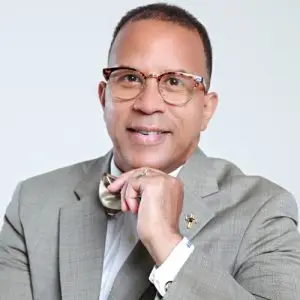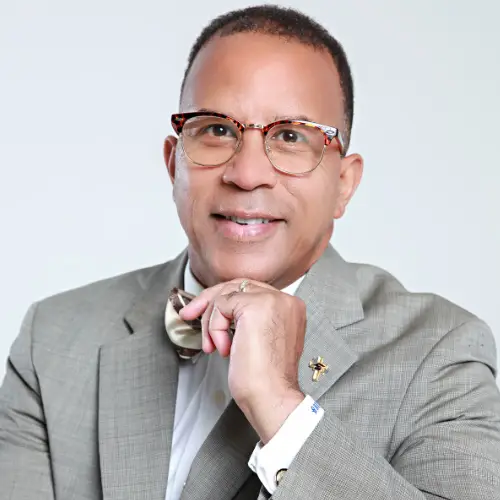Making a positive impct in the lives of others is a precursor to the art, or process, of relationship building. Let’s explore.
Leaders take the first step to engage in conversations with people within our sphere of influence. This includes our direct reports, our bosses, our peers and colleagues, our customers, our stakeholders, and our community leaders. I use the following model to outline the approach and process:

First, we are all created to be relational. Everyone craves authentic and meaningful relationships with others. It matters. The word relationship is a noun and is defined as a state of affairs existing between those having relations or dealings. It is also defined as the relation connecting or binding participants in a relationship.[i] When a leader facilitates an informal dialogue with others and expresses a genuine interest in their growth and development, we send an important message that they matter. It confirms that they are relevant, pivotal and meaningful. It builds their self-esteem and confidence. What matters to them, matters to us.
Next, the leader is now able to build on a relationship, personal and professional, in part, because there has been an open demonstration of care, respect, and value based upon conversations that have taken place. Listening is a key component to having great and uplifting conversations with others. When we listen without interrupting or changing the subject, we send a subliminal message that we care. We care about the topic of discussion, we care about the person speaking, and that their thoughts, opinions, and perspectives matter. This is very gratifying overall.
Now that leaders have established a willingness to discuss topics of importance and have built relationships within our sphere of influence, the final aspect is T-R-U-S-T. Trust is an outcome and is the element within any organization that makes it operational, efficient, drama free, dynamic, and best-in-class. When workers trust their leader, tasks, actions, initiatives, projects, and contracts run smoothly, errors are minimized, and the overall morale and climate is healthy.
Earlier this year, I received my copy of the ‘State of the Global Workplace: The Voice of the World’s Employees’ report by Gallup®. The 148-page report is a comprehensive and thoroughly researched summary of several insights about the state of today’s workplace with an emphasis on strategic regions around the world. The target population of the World Poll is the entire civilian, noninstitutionalized aged-15-and0older population. Gallup’s data in this report reflect the responses of adults aged 15 and older who were employed for any number of hours by an employer. Part three is a focus on worker wellbeing as it relates to organizational effectiveness. On page 20, the research shows that in best-practice organizations, three-fourths of managers are engaged, as well as seven in ten non-managers. However, globally, only thirty percent of managers and twenty-three percent of employees overall are engaged. Key steps taken by best=practice organizations are: (1) They put a high priority on manager hiring and development, (2) They integrate engagement into every stage of their employee and manager life cycle, and (3) They emphasize wellbeing at work and in life. When organizations do these things, they simultaneously improve employees’ lives and organizational performance. Relationship building is the common denominator.
As I mentioned in my June 2024 article, Oliva, a project manager in Canada, states “A good job is a job where I have a manager who knows me, sees and values what I do, and cares about where I’m going in the future.” This is only possible through relationship building. This is why relationships matter.
[i] Merriam-Webster Dictionary, 2024 Merriam-Webster, Inc.








